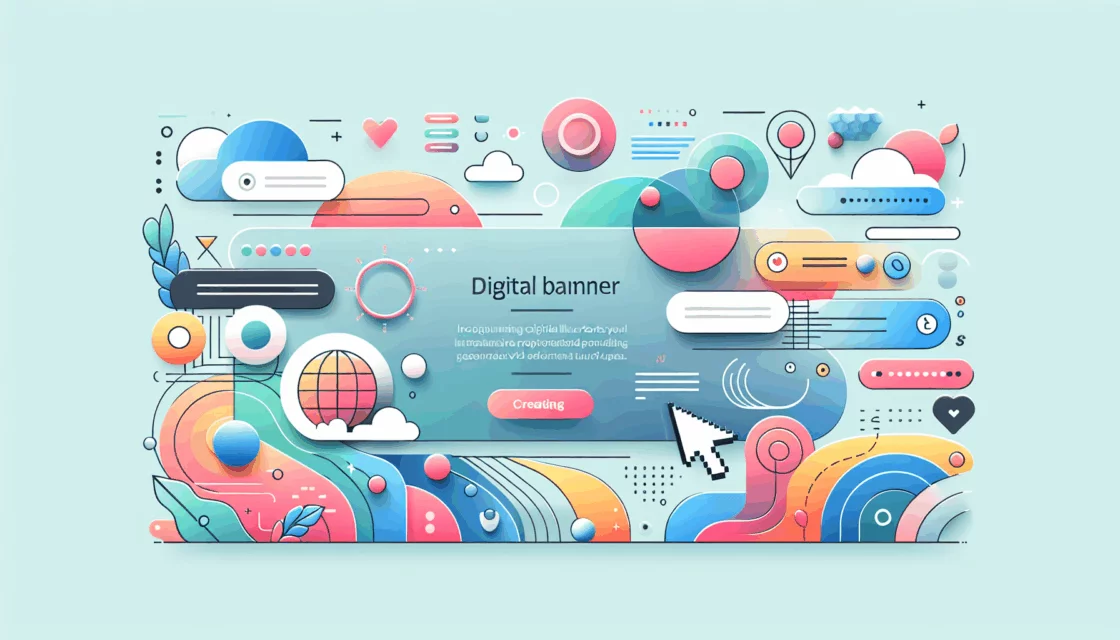
Enhancing User Experience: Optimizing WordPress for Mobile App Integration
In today’s digital landscape, where mobile devices dominate internet usage, ensuring your WordPress site is optimized for mobile app integration is crucial. This involves a multifaceted approach that includes responsive design, API integration, and cross-platform development. Here’s a comprehensive guide to help you optimize your WordPress site for seamless mobile app integration.
The Importance of Mobile Optimization
With over 60% of internet users accessing websites through mobile devices, having a mobile-optimized WordPress site is no longer a luxury but a necessity. Mobile optimization not only enhances user experience but also improves SEO rankings, as Google prioritizes mobile-friendly websites in search results.
Choosing the Right Theme
The foundation of a mobile-optimized WordPress site begins with a responsive theme. A responsive theme automatically adjusts its layout to fit the screen size and orientation of the device used to view the site. Themes like Divi, Avada, and Astra are highly recommended for their mobile-friendly designs and customization options.
How to Select a Responsive Theme
- Check Theme Documentation: Look for themes that offer mobile views in their customizers or options.
- Preview on Different Devices: Test the theme on various devices to ensure it maintains usability and aesthetic integrity.
- Customization Options: Opt for themes that allow you to adjust elements like fonts and layout without compromising mobile performance.
Optimizing Images and Content
Images and content play a critical role in the mobile user experience. Here are some strategies to optimize them:
Image Optimization
- Compress Images: Use plugins like WP Smush to reduce image sizes without compromising quality. This helps in faster load times and better performance on mobile devices.
- Lazy Loading: Implement lazy loading for images and videos to load content only when it comes into view, reducing initial page load times.
Content Optimization
- Minify JavaScript and CSS: Minify and combine JavaScript and CSS files to reduce the size and number of HTTP requests. Plugins like WP Super Minify can help with this.
- Reduce Page Weight: Optimize your page weight by compressing scripts, stylesheets, and other elements. Tools like WP Rocket can help you implement GZIP and minify code in a few clicks.
Mobile Caching and Performance
Caching is essential for improving the performance of your WordPress site on mobile devices.
Enable Mobile Caching
- Use Caching Plugins: Plugins like WP Rocket and W3 Total Cache can implement mobile caching, reducing load times and improving user experience.
- CDN Integration: Use a Content Delivery Network (CDN) to speed up content delivery globally. This ensures that your site loads quickly regardless of the user’s location.
API Integration and Cross-Platform Development
For seamless integration with mobile apps, you need to consider API integration and cross-platform development.
API Integration
- REST API: WordPress provides a REST API that allows you to interact with your site’s data in a structured way. This is crucial for integrating your site with mobile apps.
- Third-Party APIs: Integrate third-party APIs to enhance functionality. For example, using APIs from services like Cloudinary can help in optimizing media delivery.
Cross-Platform Development
- React Native and Flutter: Use frameworks like React Native or Flutter for cross-platform development. These frameworks allow you to build mobile apps that can run on both iOS and Android using a single codebase.
- Progressive Web Apps (PWAs): Consider developing Progressive Web Apps, which provide a native app-like experience to users directly from the web. PWAs are supported by WordPress and can be optimized using tools like AMP (Accelerated Mobile Pages).
Testing and Optimization Tools
To ensure your WordPress site is optimized for mobile, you need to use the right testing and optimization tools.
Google Mobile-Friendly Test
Use Google’s Mobile-Friendly test tool to check if your site is optimized for mobile devices. This tool provides insights into what needs to be improved.
Google PageSpeed Insights
Google PageSpeed Insights is a powerful tool that provides detailed performance metrics, including Core Web Vitals, Speed Index, and Total Blocking Time. It helps you identify areas for improvement and optimize your site accordingly.
WebPageTest
WebPageTest is another tool that provides detailed performance reports, including fully loaded times and the number of HTTP requests. This helps in fine-tuning your site’s performance.
Conclusion and Next Steps
Optimizing your WordPress site for mobile app integration is a multifaceted process that involves choosing the right theme, optimizing images and content, enabling mobile caching, and integrating APIs. By following these strategies, you can significantly enhance the user experience and performance of your site on mobile devices.
Get Started with Belov Digital
If you need professional assistance in optimizing your WordPress site for mobile app integration, Belov Digital Agency is here to help. Our team of experts can guide you through the process, ensuring your site is fully optimized and integrated with mobile apps seamlessly. Contact Us today to learn more.
Additional Resources
- Kinsta Hosting: For high-performance web hosting, consider using Kinsta, which offers optimized servers for WordPress sites.
- Cloudinary Media Management: For advanced media optimization, check out Cloudinary, which provides detailed analytics and automation tools.
- WP Rocket Performance Plugin: To improve your site’s performance, use WP Rocket, which offers features like mobile caching and code minification.
By leveraging these resources and following the strategies outlined above, you can ensure your WordPress site is fully optimized for mobile app integration, providing a superior user experience and driving better engagement and conversion rates.













